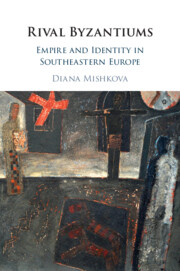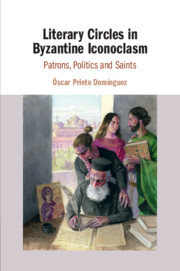This article presents a brief historiographical survey of scholarship on the history of science and history of knowledge in Byzantium since the 1920s and proposes several directions for future research. These include the study of instruments; of the language that Byzantine scientific texts, diagrams, and even instruments employ; the study of the involvement of women and of the knowledge created, transferred, and owned by non-elites. Ultimately, the article argues, a critical historiographical approach enables an understanding of the field of Byzantine studies as an element of the global and multidisciplinary systems of historical knowledge, including the history of science and the history of knowledge.

